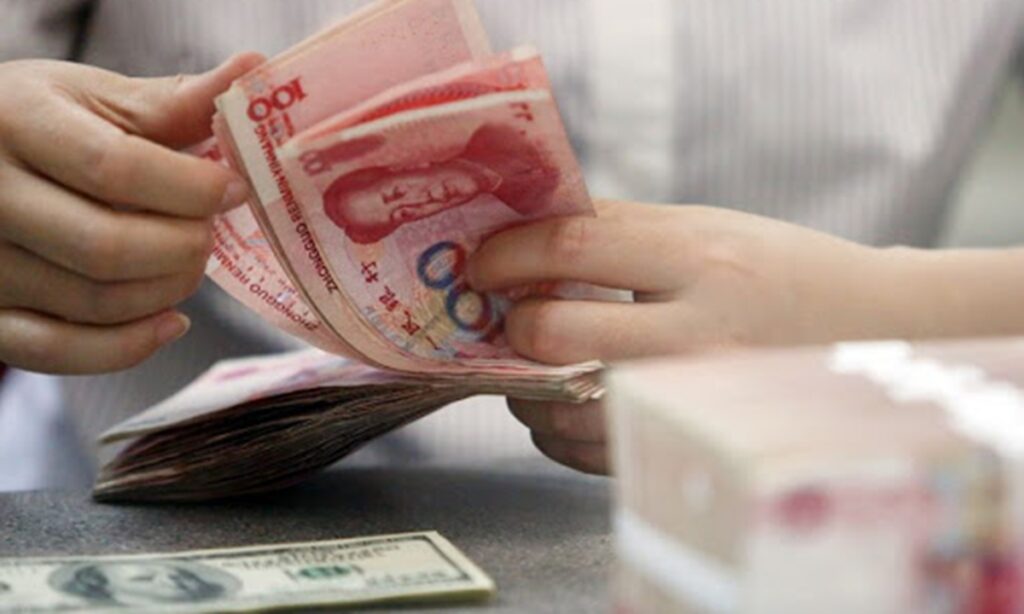China’s foreign exchange reserves reached $3.22 trillion by the end of 2020, an increase of $108.6 billion from the previous year despite the economic fallout of COVID-19, data from the State Administration of Foreign Exchange (SAFE) showed on Friday.
With the country’s forex reserves shifting toward other currencies, thereby eclipsing the share of the US dollar, the strengthening of non-dollar currencies, notably the Australian dollar and Canadian dollar over the past year, has resulted in higher yields and increased China’s foreign reserves, Tan Yawen, head of the China Forex Investment Research Institute, told the Global Times on Friday.
The jump was also due to the country’s fast-paced work and production resumption, Tan said.
The increase exceeded estimates in early 2020 when the epidemic stoked fears of industrial capital outflows, Tian Yun, vice director of the Beijing Economic Operation Association, told the Global Times on Friday.
“China’s effective virus containment measures means the country has been a must-have option for global industries seeking a safe haven against ‘Black Swan’ events such as the COVID-19 pandemic,” Tian said.
China’s forex market in 2020 was generally stable with rational and orderly exchanges, said SAFE spokesperson Wang Chunying.
Facing the phased appreciation of the yuan’s exchange rate starting in the second half of 2020, Wang said that its impact on the balance of payments was within the normal range.
The average central parity rate of the yuan against the US dollar in 2020 was 6.8974, which is basically the same as the 2019 average. From the perspective of exchange rate flexibility, the one-year historical volatility of the yuan against the US dollar in 2020 was 4.2 percent, and the yuan has remained stable against major currencies.
Wang said that the appreciation of the yuan has not changed the overall balance of cross-border capital flows in China.
The spokesman said the scale of domestic investment into foreign securities skyrocketed about 40 percent from the previous year, explaining it was mainly due to Chinese mainland residents investing in the Hong Kong stock market.
“Cross-border capital flows throughout 2020 remained within a reasonable and balanced range,” Wang said.
Photo: Xinhua




